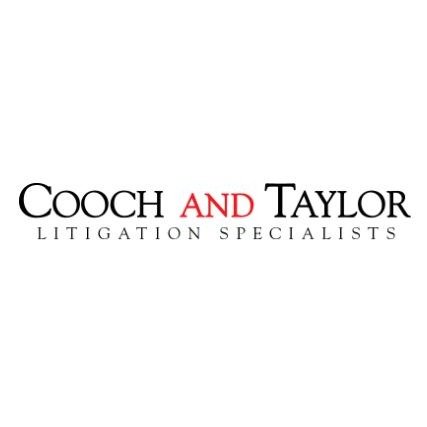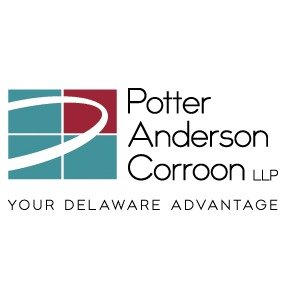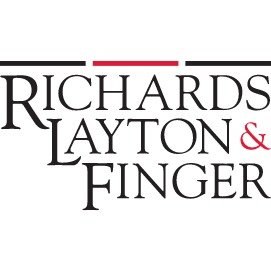Best Sanctions & Export Controls Lawyers in Delaware
Share your needs with us, get contacted by law firms.
Free. Takes 2 min.
Or refine your search by selecting a city:
List of the best lawyers in Delaware, United States
About Sanctions & Export Controls Law in Delaware, United States
Sanctions and export controls are legal frameworks designed to regulate the exchange of goods, services, technology, and funds across national borders. In Delaware, as elsewhere in the United States, these laws serve to prevent trade with prohibited entities, countries, or individuals and ensure national and international security. Delaware businesses, like those in other states, must abide by both federal regulations and any state-specific requirements. Violating sanctions or export controls can result in serious criminal or civil penalties, making it critical for individuals and businesses to understand their obligations.
Why You May Need a Lawyer
Legal advice is often essential for those navigating sanctions and export controls in Delaware. You may need a lawyer if:
- You are planning international trade or exporting products, technology, or services abroad.
- You have received a government inquiry or notice regarding possible violations.
- Your business deals with dual-use items or sensitive technologies that may be subject to controls.
- You are merging with or acquiring another company engaged in international business.
- You need to set up compliance programs or require staff training on regulatory obligations.
- You suspect that you have inadvertently violated a sanction or export law.
- You require a license or want to apply for authorization to export controlled items.
Local Laws Overview
In Delaware, sanctions and export controls are primarily governed by federal law. Key regulations come from the Office of Foreign Assets Control (OFAC), the Bureau of Industry and Security (BIS), and the Directorate of Defense Trade Controls (DDTC). Delaware does not have unique state-level sanctions laws, but companies incorporated in Delaware are subject to federal prohibitions and restrictions. Delaware's business-friendly legal environment means many entities are headquartered in the state, making it vital to understand federal compliance obligations, especially with merger and acquisition activity or when establishing corporate policies. Delaware attorneys often assist with interpreting federal statutes, filing export licenses, and responding to agency investigations.
Frequently Asked Questions
What are export controls?
Export controls are federal regulations that restrict the export of certain goods, technology, and software to other countries or foreign entities. They are designed to protect national security and fulfill international obligations.
What are sanctions?
Sanctions are legal restrictions, typically imposed by the U.S. government, on trade and financial transactions with specific countries, entities, or individuals, usually for reasons such as national security, foreign policy, or human rights concerns.
Which government agencies enforce sanctions and export controls?
The primary federal agencies are the Department of the Treasury’s Office of Foreign Assets Control (OFAC), the Department of Commerce’s Bureau of Industry and Security (BIS), and the Department of State’s Directorate of Defense Trade Controls (DDTC).
Do sanctions and export control laws apply to Delaware businesses?
Yes. Delaware businesses, like all U.S. entities, must comply with federal sanctions and export control laws, even if their operations are only within the state or primarily international in scope.
What are the penalties for violating sanctions or export controls?
Penalties include substantial fines, denial of export privileges, debarment from federal contracting, and even criminal charges resulting in imprisonment.
Do I need a license to export from Delaware?
It depends on what you are exporting and the destination. Many items require specific authorization. You should review the Commerce Control List and consult with a lawyer if you are uncertain.
Can an individual be held liable for violations?
Yes. Both individuals and businesses can be held responsible for violations of sanctions and export control laws.
What should I do if I discover a possible violation?
You should contact a lawyer experienced in sanctions and export controls immediately. Voluntary self-disclosure to the relevant agency is often required and may mitigate penalties.
Is it enough to rely on screening software for compliance?
No. While screening software is a useful tool, it does not substitute for a comprehensive compliance program and legal oversight, especially in complex transactions.
How long do sanctions and export controls last?
Sanctions and controls can be permanent, temporary, or change over time depending on shifts in U.S. policy or international developments. You should monitor government updates regularly.
Additional Resources
When seeking more information or guidance in Delaware, consider these resources:
- Office of Foreign Assets Control (OFAC)
- Bureau of Industry and Security (BIS)
- Directorate of Defense Trade Controls (DDTC)
- Delaware State Bar Association
- U.S. Department of Commerce - Exporter Counseling
- U.S. Department of State - International Traffic in Arms Regulations (ITAR)
- Local trade associations and Delaware-based international business groups
Next Steps
If you believe your business or situation is affected by U.S. sanctions and export control laws, the first step is to consult with a knowledgeable attorney. Gather documentation about your products, transactions, and prior communications with government agencies. Reach out to a Delaware legal professional specializing in international trade or sanctions compliance. An experienced lawyer can help you evaluate risk, respond to government inquiries, develop a compliance program, or guide you through voluntary self-disclosure if a violation has occurred. Staying informed and proactive is the best way to ensure compliance and avoid costly penalties.
Lawzana helps you find the best lawyers and law firms in Delaware through a curated and pre-screened list of qualified legal professionals. Our platform offers rankings and detailed profiles of attorneys and law firms, allowing you to compare based on practice areas, including Sanctions & Export Controls, experience, and client feedback.
Each profile includes a description of the firm's areas of practice, client reviews, team members and partners, year of establishment, spoken languages, office locations, contact information, social media presence, and any published articles or resources. Most firms on our platform speak English and are experienced in both local and international legal matters.
Get a quote from top-rated law firms in Delaware, United States — quickly, securely, and without unnecessary hassle.
Disclaimer:
The information provided on this page is for general informational purposes only and does not constitute legal advice. While we strive to ensure the accuracy and relevance of the content, legal information may change over time, and interpretations of the law can vary. You should always consult with a qualified legal professional for advice specific to your situation.
We disclaim all liability for actions taken or not taken based on the content of this page. If you believe any information is incorrect or outdated, please contact us, and we will review and update it where appropriate.
Browse sanctions & export controls law firms by city in Delaware
Refine your search by selecting a city.












